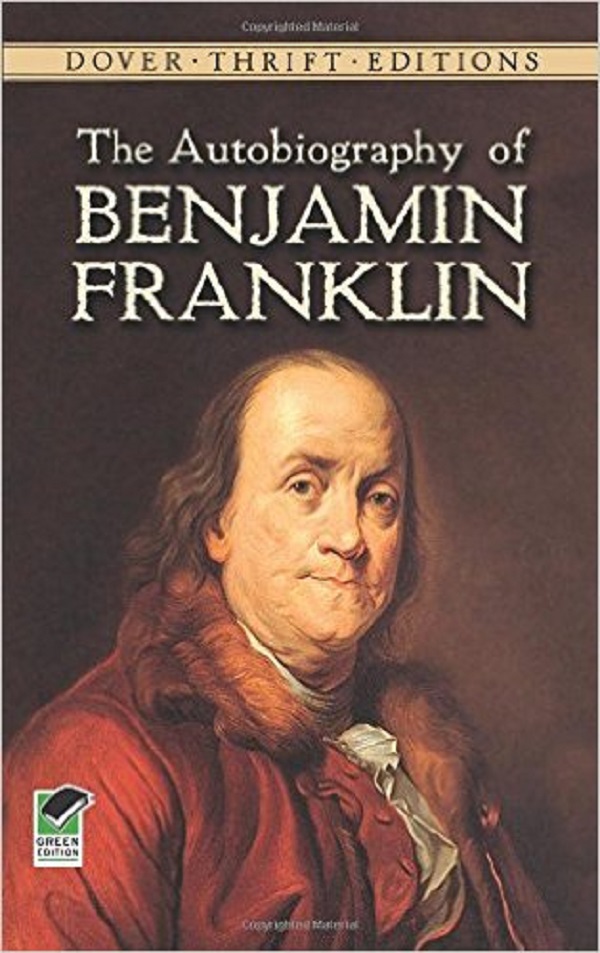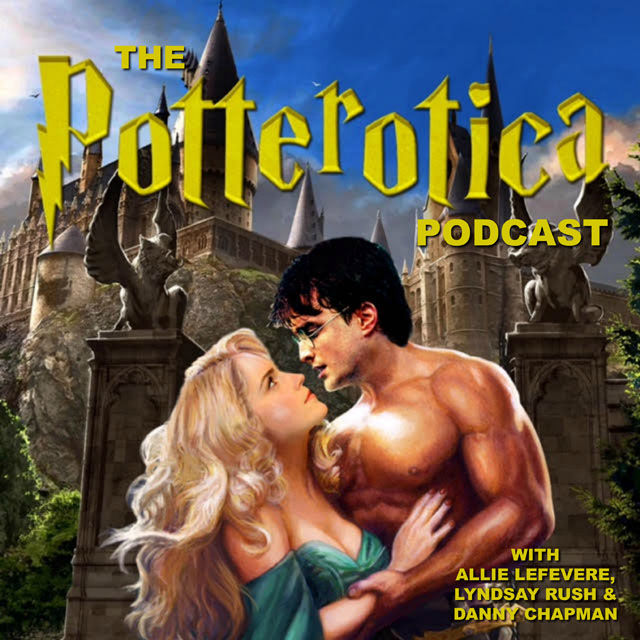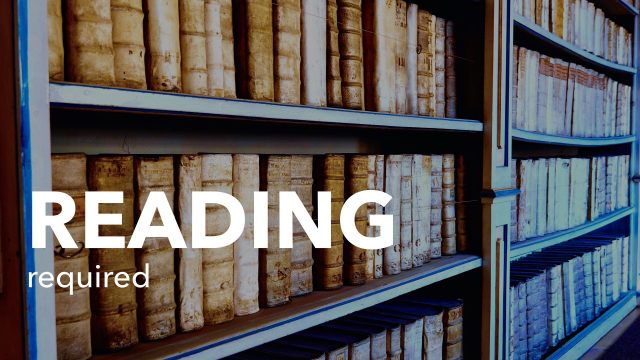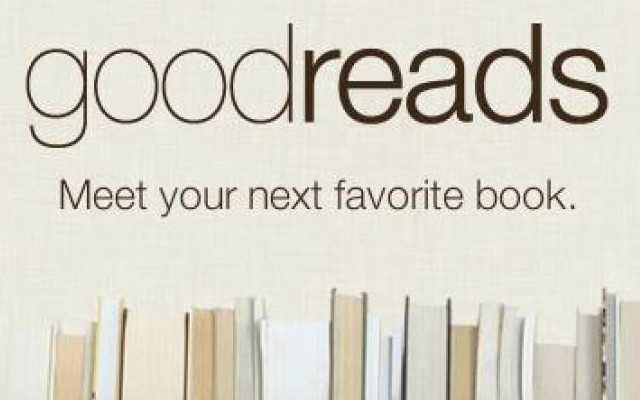Philadelphia, the city where The Constitution was written, is known as the birthplace of American democracy. While we may hear about Benjamin Franklin or the Liberty Bell in history classes, this reading list is for the history buff who wants to dig a little deeper into the rich past of this incredible city. Here are 10 books about Philly history to get you started.
1. The Constitutional Convention: A Narrative History from the Notes of James Madison by Edward J. Larson, Michael P. Winship, and James Madison
Philadelphia holds a special place in American history. The Constitution was written and signed in Philadelphia during the Constitutional Convention, making the city the birthplace of American democracy. James Madison was instrumental in organizing the convention, and his notes are made available with modern punctuation and spelling, helpful notes, and background information in this book.
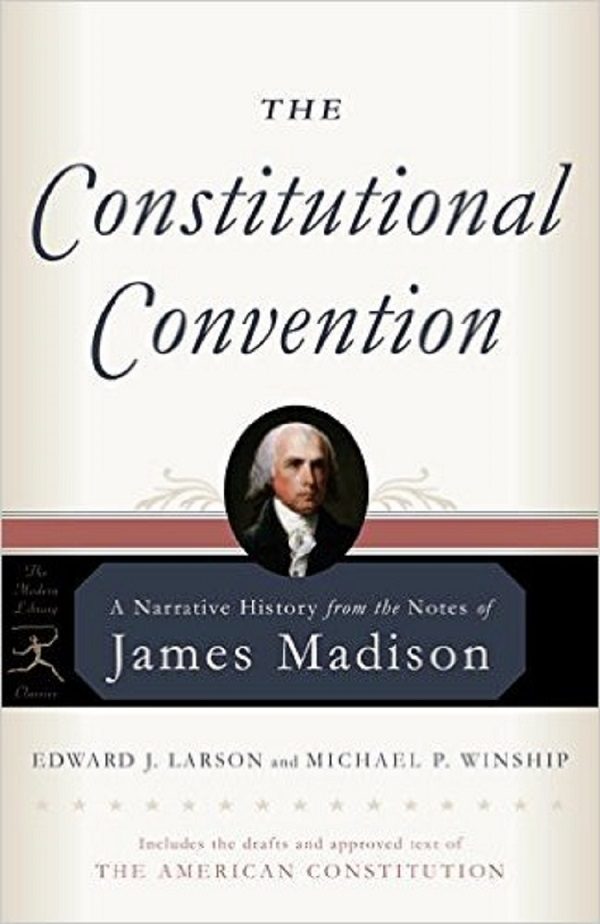
Source: Amazon
2. Mütter’s Marvels: A True Tale of Intrigue and Innovation at the Dawn of Modern Medicine by Cristin O’Keefe Aptowicz
When Thomas Dent Mütter began his trailblazing career as a plastic surgeon in Philadelphia during the mid-nineteenth century, anesthesia wasn’t used, and surgeons rarely sterilized equipment or even washed their hands. Mütter pioneered the use of ether as anesthesia, sterilization of surgical tools, and performed surgeries to help those with serious deformities. His immense collection of medical oddities later formed the basis of Philadelphia’s Mütter Museum. Cristin O’Keefe Aptowicz’s riveting biography offers a glimpse into this innovative surgeon’s life.
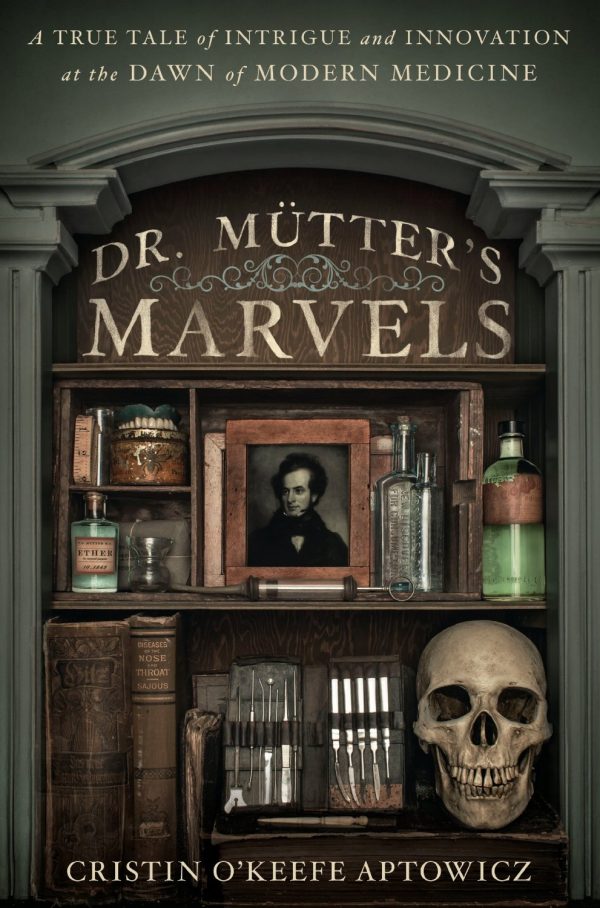
Source: Amazon
3. Let it Burn: MOVE, the Philadelphia Police Department, and the Confrontation that Changed the City by Michael Boyette and Randi Boyette
The Philadelphia MOVE bombing may have been the greatest abuse of police power in American history. On a small residential street in a working-class neighborhood, a battle between radical members of MOVE and police involving machine guns, explosives, and tear gas ensued. When MOVE remained defiant, the police commissioner ordered a bombing of the house where radicals were headquartered. By the time the fire burned out, eleven MOVE members, many of them small children and women, were dead, and sixty houses in the neighborhood were destroyed. This book explores the MOVE movement, the trials following the bombing, and the politics of Philadelphia that led to this tragedy.
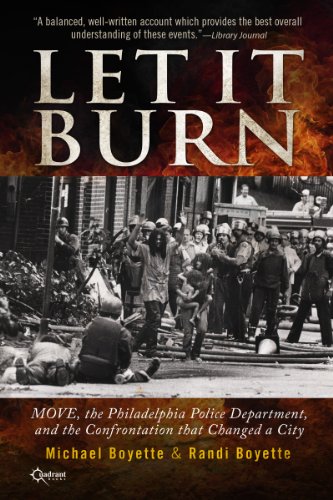
Source: Amazon
4. Bring Out Your Dead: The Great Plague of Yellow Fever in Philadelphia in 1793 by J.H. Powell
In 1793 a disastrous plague of yellow fever swept through Philadelphia, killing thousands and bringing the nation’s capital to a standstill. J.H. Powell presents a study of human nature in this psychological portrait of a city in terror.
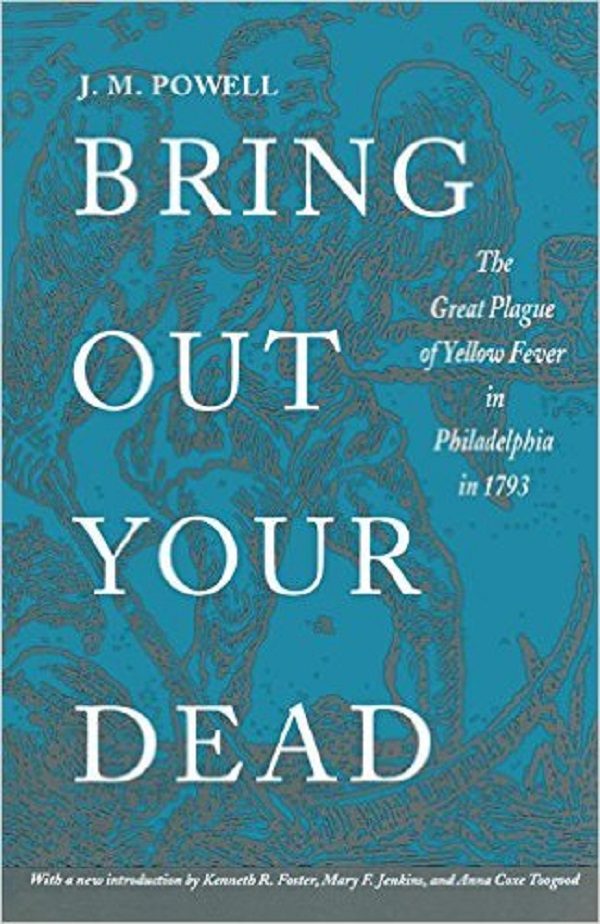
Source: Amazon
5. The Autobiography of Benjamin Franklin by Ben Franklin
The Autobiography of Benjamin Franklin, Philadelphia’s founding father, offers an important look at the man who helped draft the Declaration of Independence, negotiated a peace treaty with Britain that ended the Revolutionary War, and became known as “the wisest American.”
6. The Philadelphia Negro: A Social Study by W.E.B. Du Bois
In 1897, W.E.B.Du Bois was given a post as Assistant of Sociology at the University of Pennsylvania where he was tasked with conducting an in-depth study of the black community in Philadelphia. More than one hundred years after publication, The Philadelphia Negro remains an important classic work of engaged sociological scholarship.
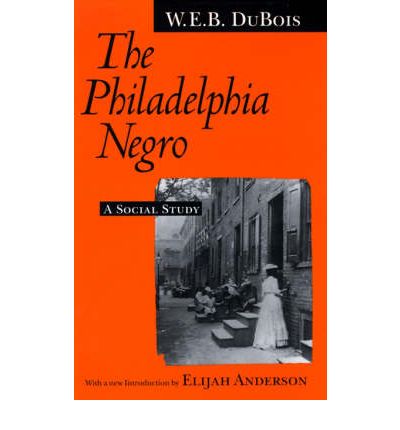
Source: Amazon
7. City of Sisterly and Brotherly Loves: Lesbian and Gay Philadelphia by Marc Stein
Marc Stein’s book offers an in-depth look at Philadelphia from the 1940’s to the 1970’s—a city of gay and lesbian households, neighborhoods, businesses, and political groups. Stein profiles scientists, political figures, journalists, and religious leaders who attacked and ignored LGBT people, and the courageous gay, lesbian, bisexual, transgender, and queer Philadelphia citizens who fought back with everyday resistance and political activism.
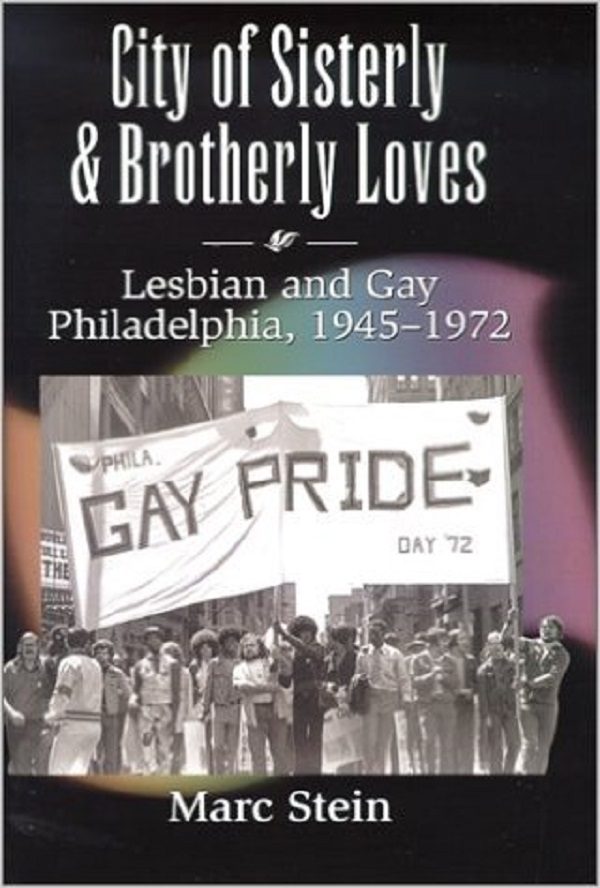
Source: Amazon
8. The Peoples of Philadelphia: A History of Ethnic Groups and Lower-Class Life, 1790-1940 by Allen F. Davis and Mark H. Haller
The Peoples of Philadelphia focuses on Philadelphia citizens who were historically ignored, but nevertheless shaped the city. Jewish, black, Irish, Italian, Polish, and working-class people are profiled in this interesting book about ordinary Philadelphians.
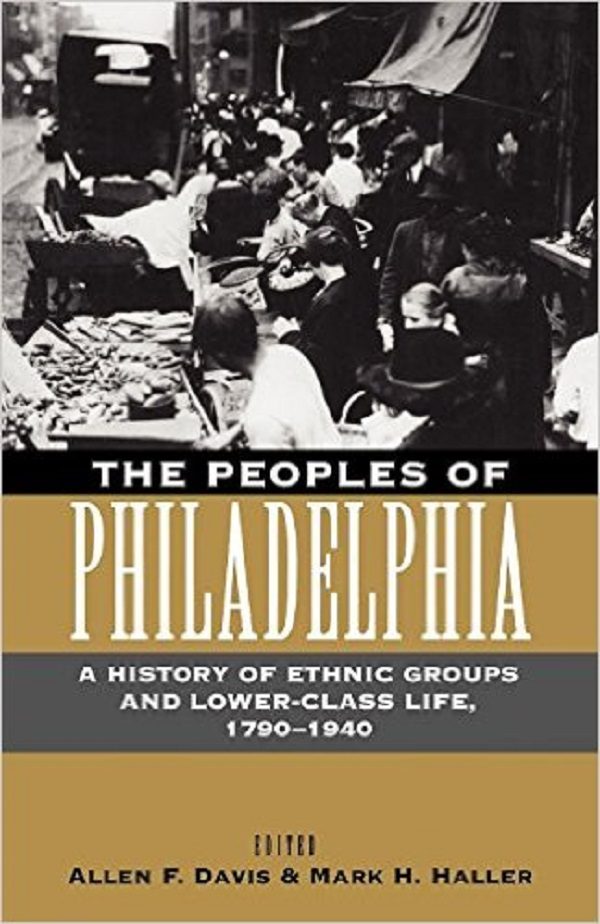
Source: Amazon
9. A Movement Without Marches: African American Women and the Politics of Poverty in Postwar Philadelphia by Lisa Levenstein
In A Movement Without Marches, Levenstein offers a new paradigm for understanding postwar U.S. history, and the scathing public narratives placed on African American women who sought out public benefits that focused on their children’s legitimacy and their dependency. Levenstein’s book reveals the institutionalized racism and sexism in Philadelphia’s courtrooms, schools, welfare offices, hospitals, and public housing programs.
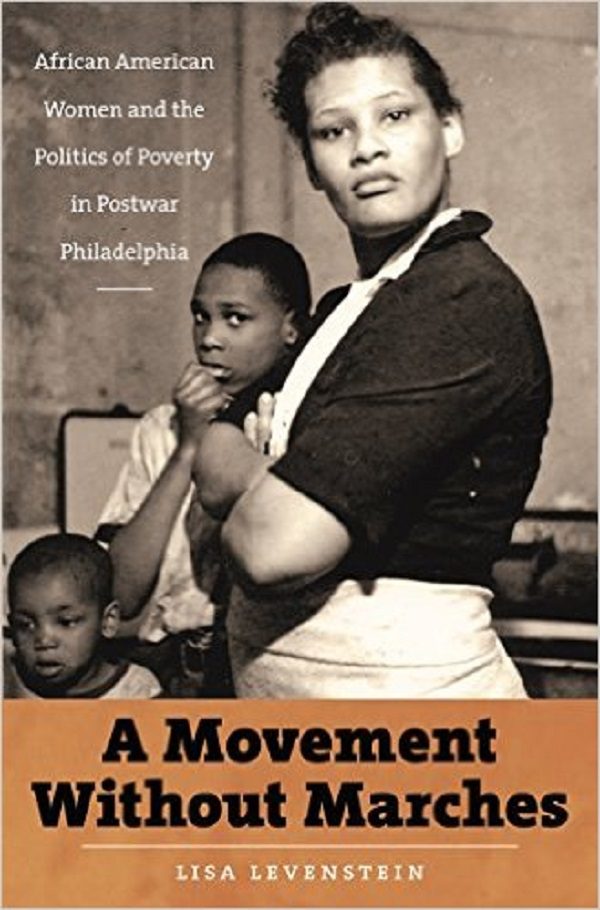
Source: Amazon
10. The Buried Past: An Archaeological History of Philadelphia by John L. Cotter, Daniel G. Roberts, and Michael Parrington
Based on more than thirty years of intensive archaeological investigations in the greater Philadelphia area, The Buried Past presents the most significant archaeological discoveries made in one of America’s oldest cities. The book explores how people ate, what dishes they used, and what their favorite and most secret possessions were.
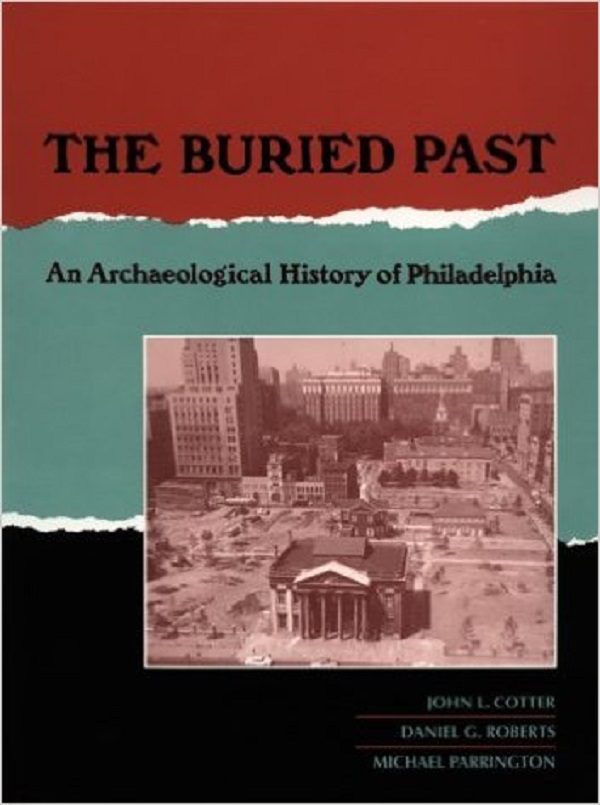
Source: Amazon
Which cities, people, and topics are you reading about, fellow history buffs?
YouTube Channel: Philadelphia: The Great Experiment
Featured image via 6 ABC
